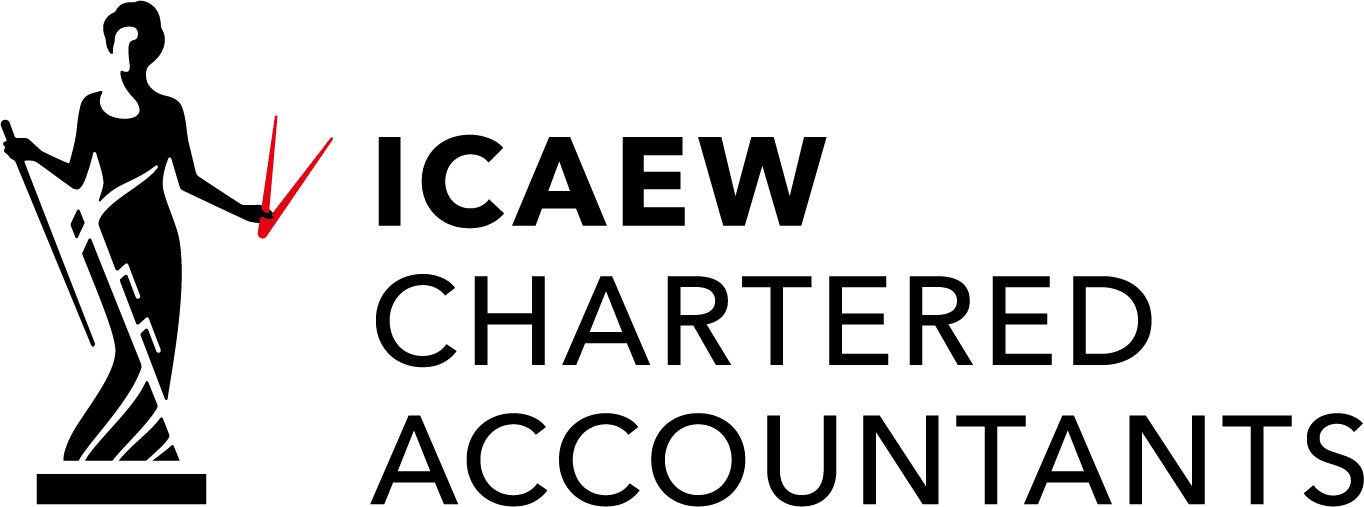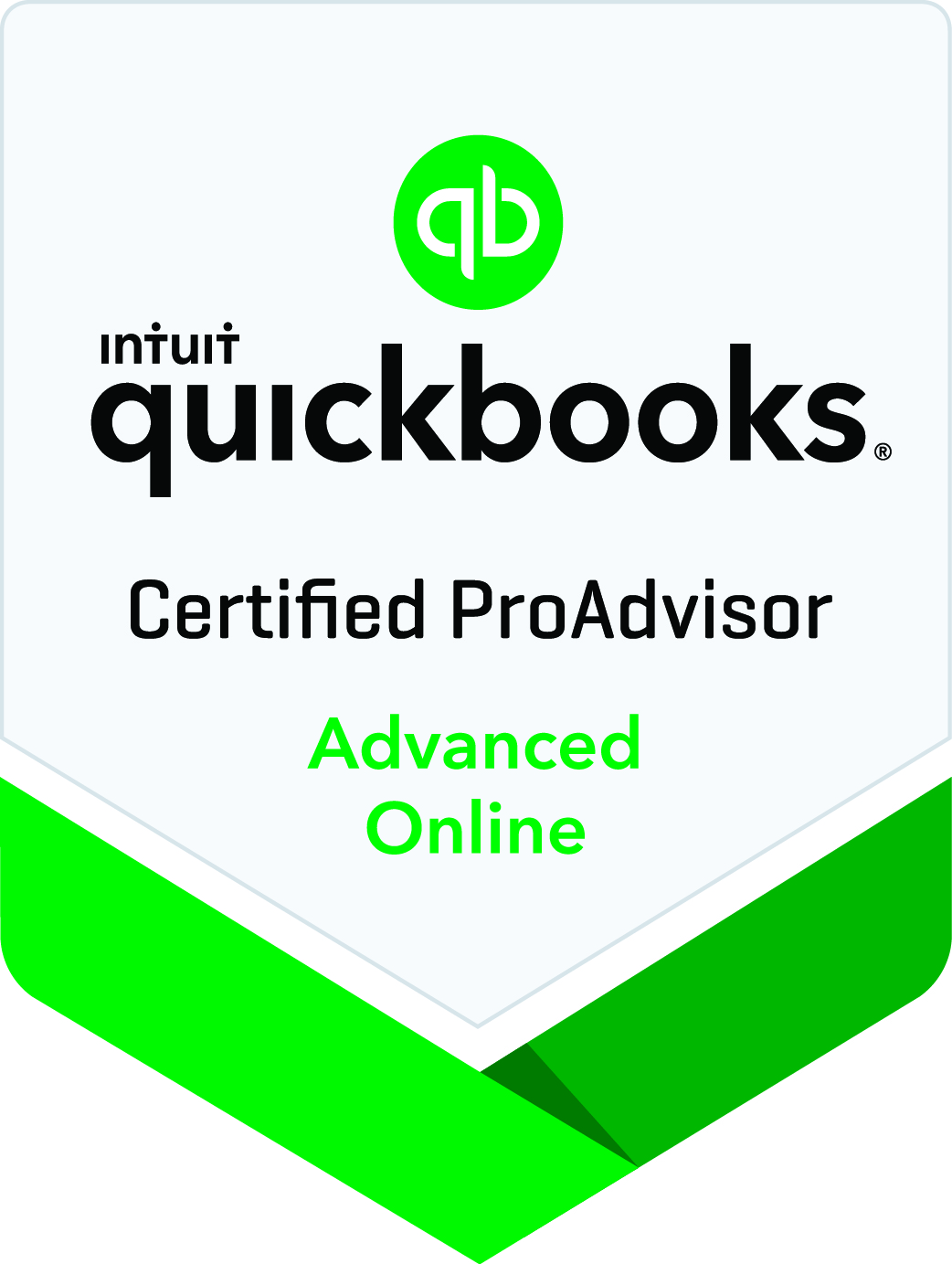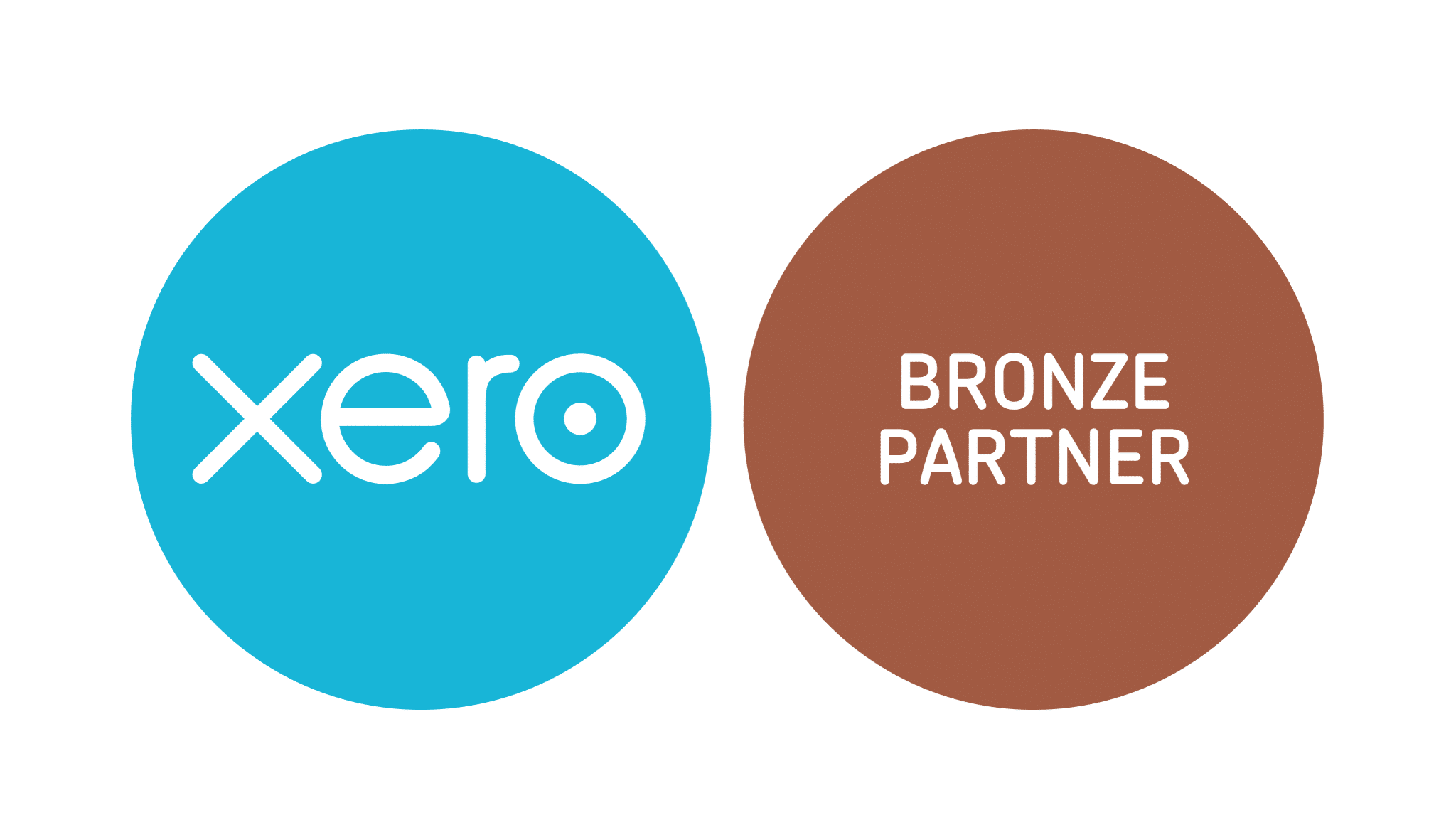I’m ready to start a business – what next?

1. Name
It is important to come up with a good business name early on as this will help with your marketing efforts and create a brand identity. If you are likely to need a website then it helps to check whether the website domain name is available and to secure it as soon as possible. Similarly, if you are planning on setting up a limited company (more on this here) either straight away or at some point in the future, it is a good idea to check the availability of the company name and register it with Companies House from the outset. Any delays in purchasing the website domain name or registering the company name with Companies House may lead to website domain registrars or company formation agents completing this process before you and then attempting to resell to you at a premium. Once you’ve registered a domain name and limited company name you don’t need to actually create a website or trade through the limited company until you are ready to do so.
2. Bank Account
Businesses that operate as a limited company must have a separate bank account. Sole traders don’t strictly need a separate bank account but we always advise clients to set one up so that the income and expenses relating to the business are always clearly separate and identifiable from personal transactions. This not only helps with maintaining accounting and tax records but also aids cashflow planning.
3. Insurance
Most businesses will need some form of insurance. If the business will operate from premises which customers or clients visit then you will need public liability insurance which provides cover for injuries incurred on your business premises. If you provide a professional service then you will need professional indemnity insurance to protect you from professional negligence claims. If you have a financial advisor they may be able to assist you but you may be better off with a specialist provider in your area of business, particularly for professional indemnity insurance. If you are a member of a professional body they should be able to provide the details of insurers who can help in your industry.
4. Bookkeeping and Basic Accounts
It is essential to keep track of all your income and expenses from the very beginning. Many start-up businesses don’t know how to do this or simply don’t have the time to do it. It’s all very well trying to gather the information from boxes full of receipts after the end of the year when it comes to preparing the tax return and/or filing accounts with Companies House but it is extremely difficult to monitor and manage your business if you don’t know how much money you are making (or losing in the early days!) on an on-going basis. Keeping on top of the accounts also helps to set aside the correct amount of tax so that a tax bill at the end of the year is planned for and incorporated into your cashflow planning. There are plenty of good online cloud accounting packages out there that will ease the recordkeeping process, though they do all require an initial time investment in learning how to use the software correctly.
5. Legal Considerations
Depending on the nature of your business you may need to clearly set out your terms and conditions of business before you engage in business with a client or customer. If you are going in to business with somebody else it may also help to set out the terms of your arrangement in a written agreement to avoid or resolve future disputes. There may be other legal aspects that need to be considered for your specific business or industry for which legal assistance would be beneficial. If you belong to a professional body, they may be able to offer guidance and advice in this area or be able to refer you to a specialist in the industry.




